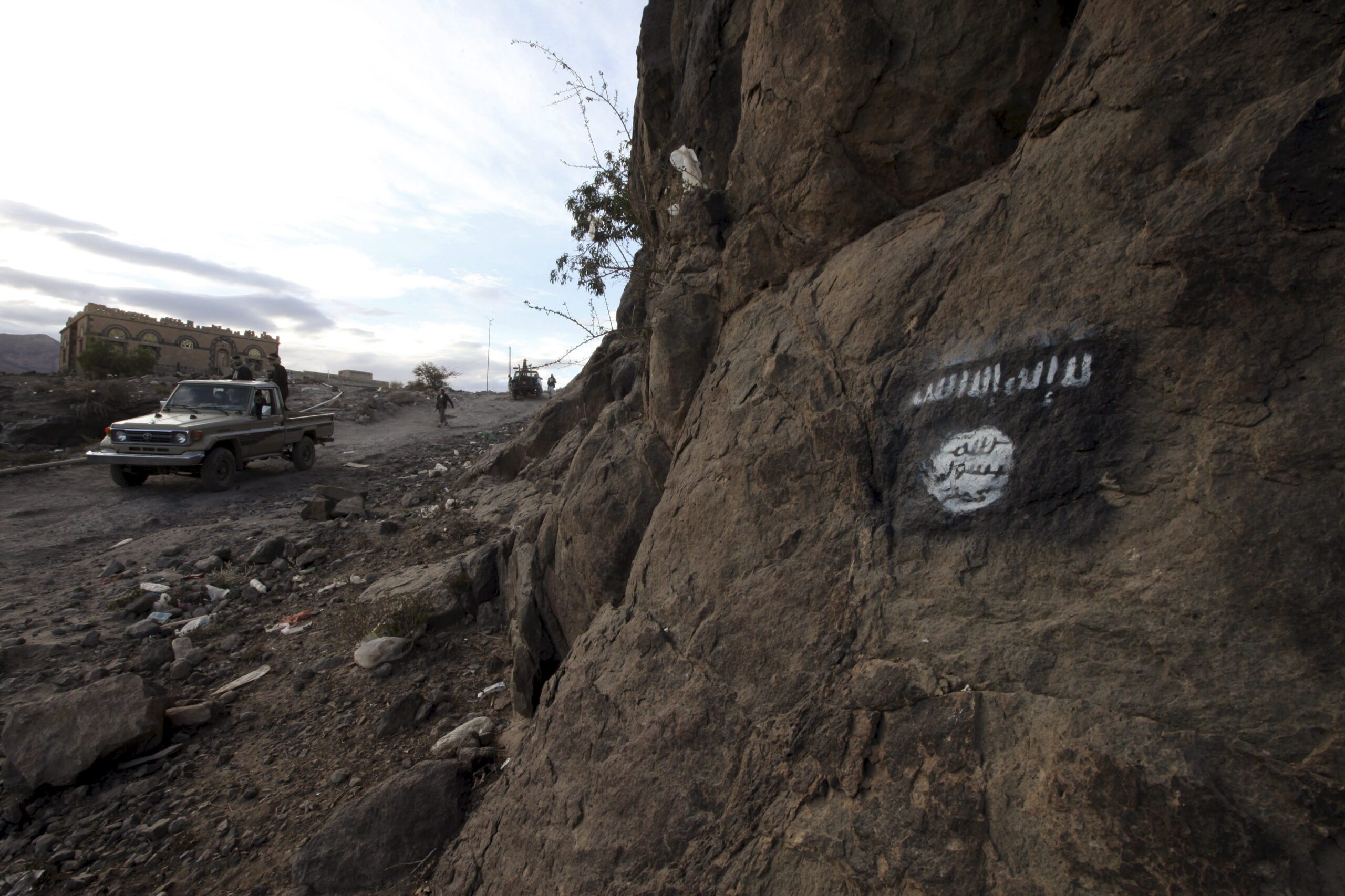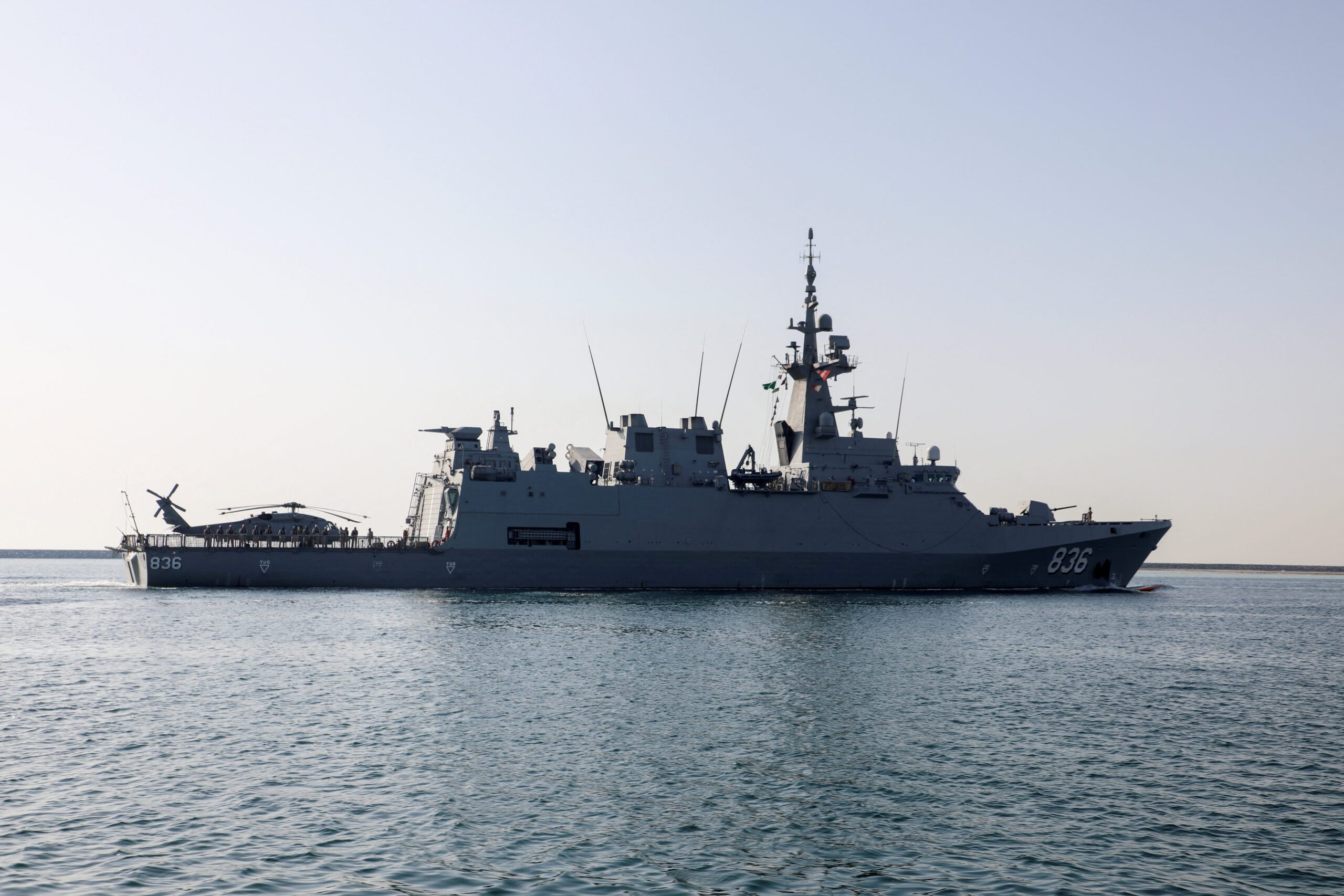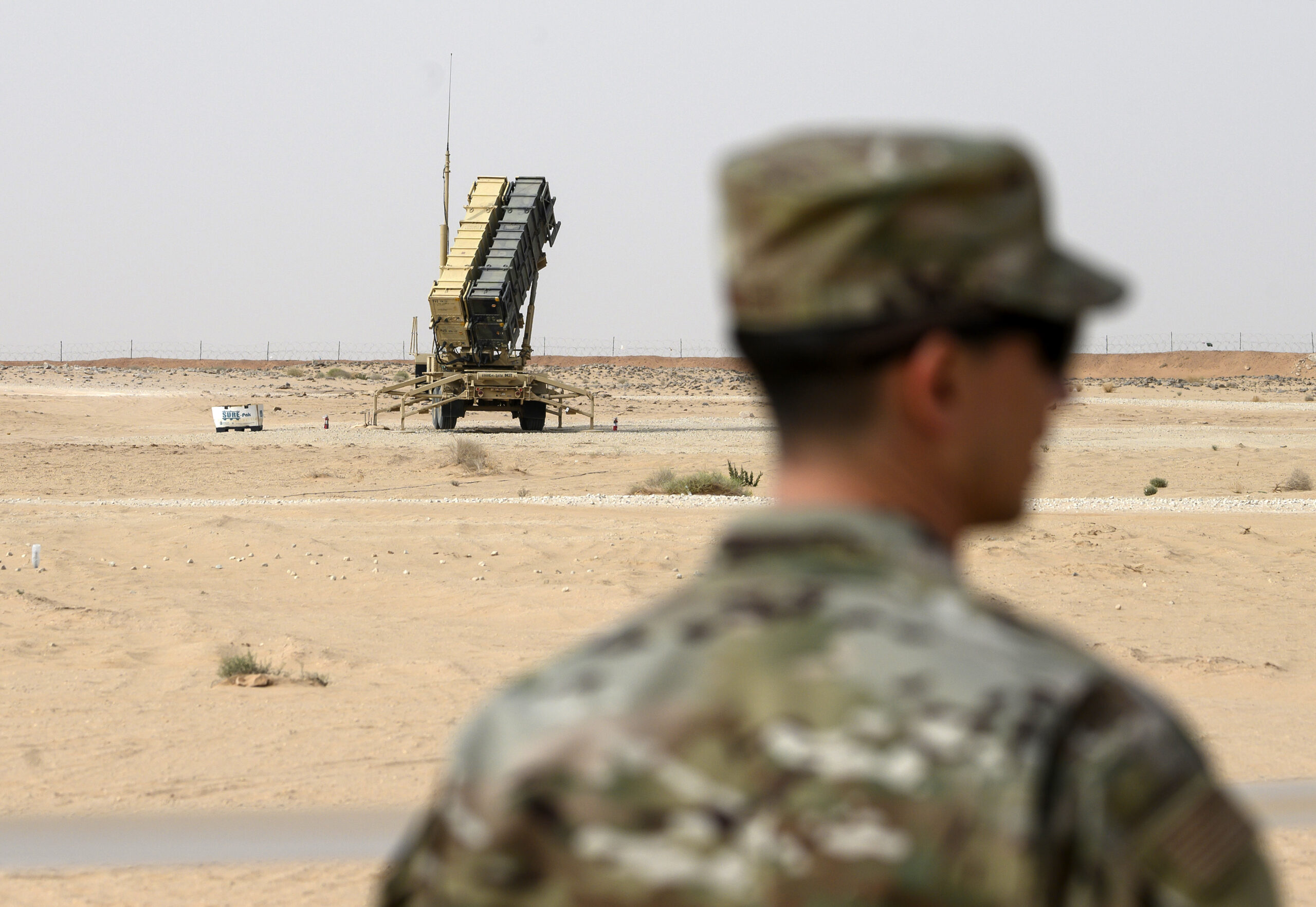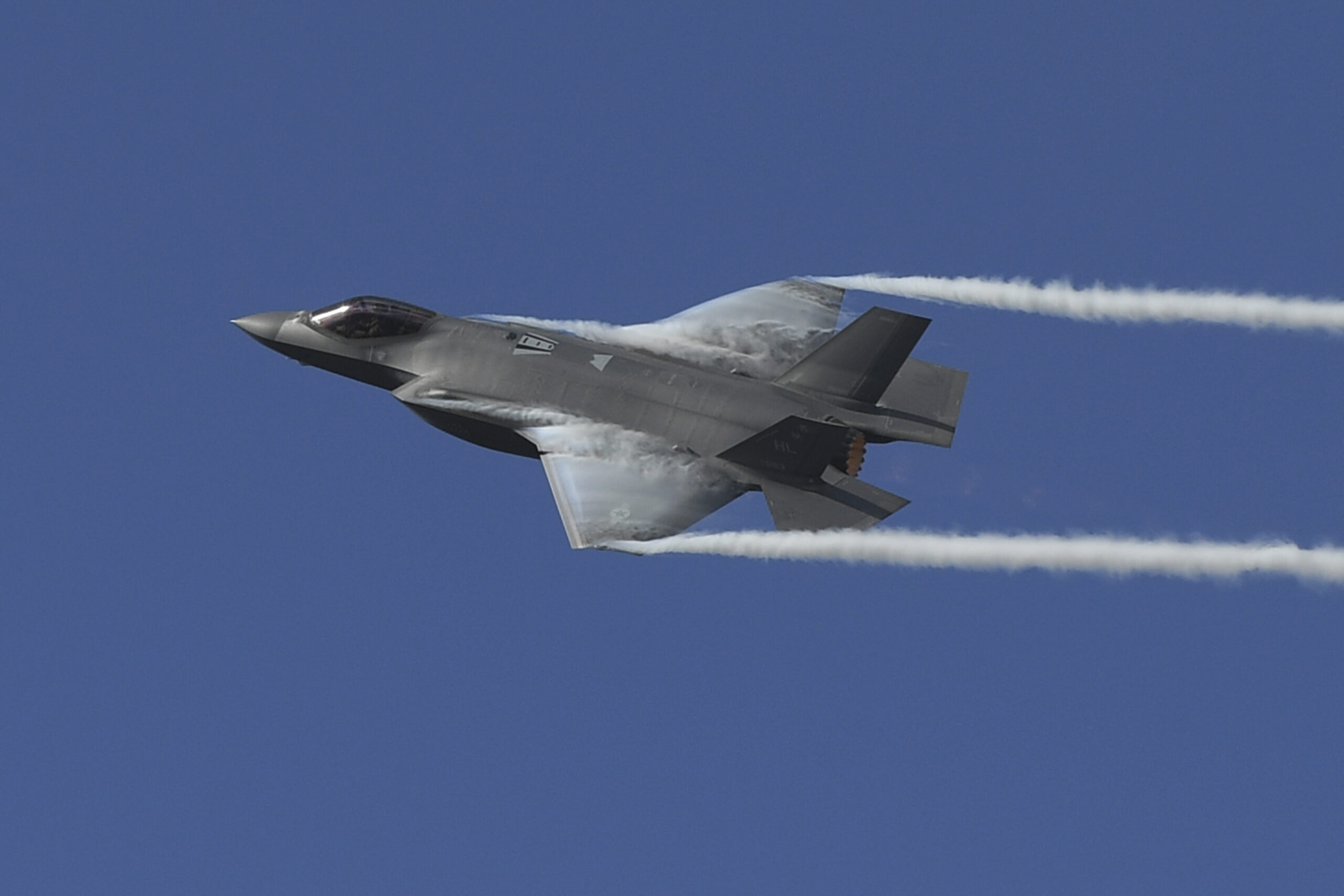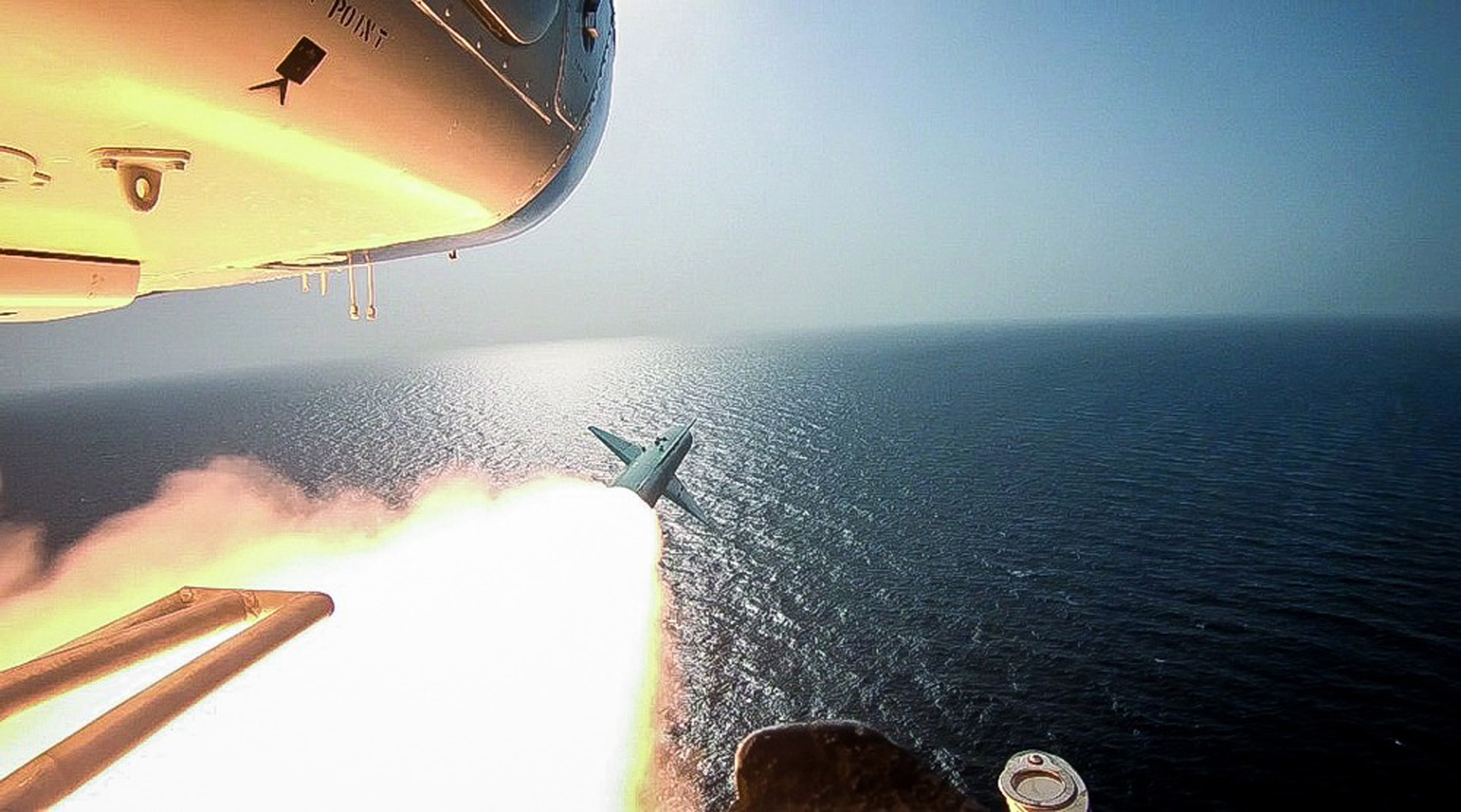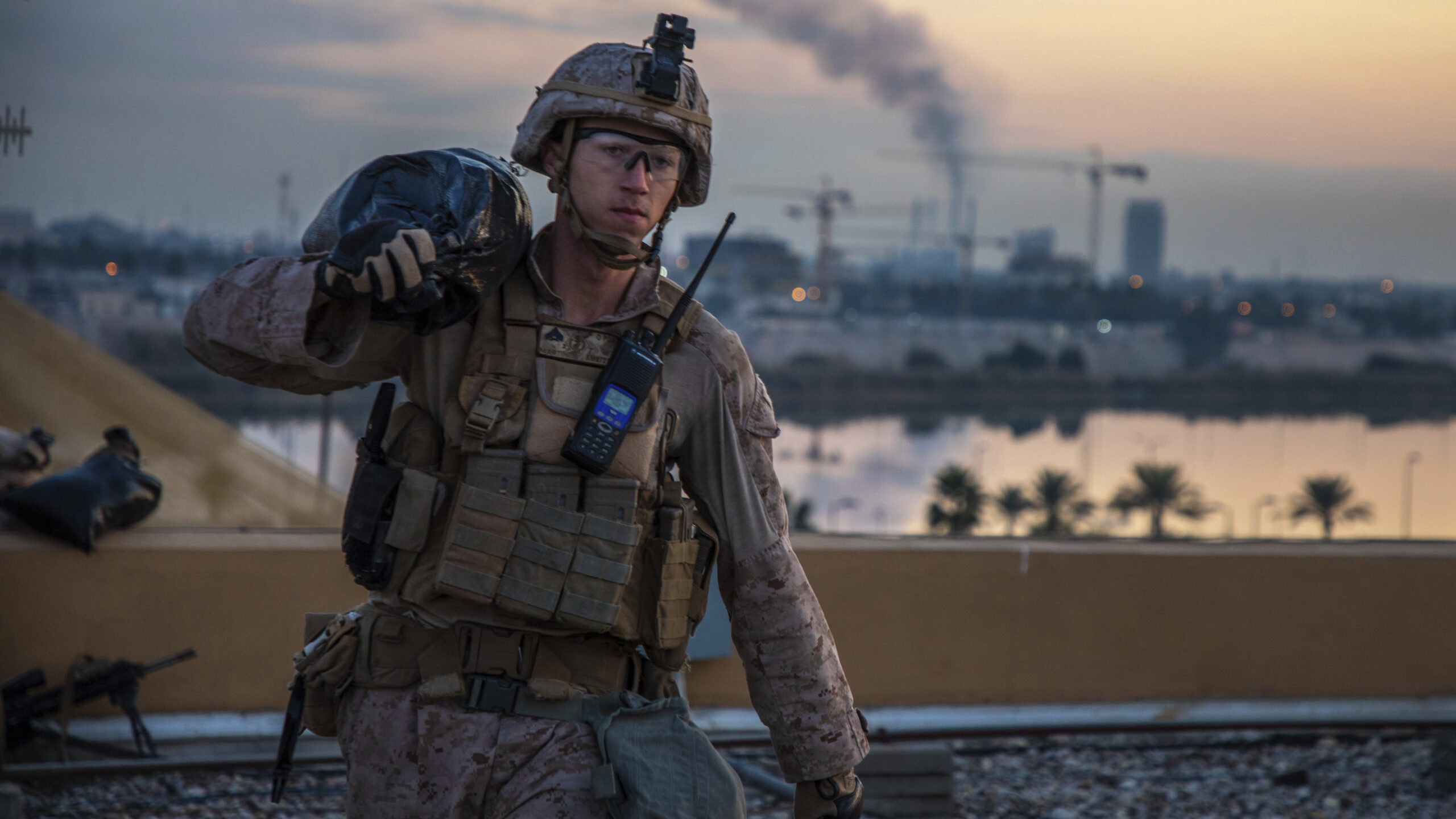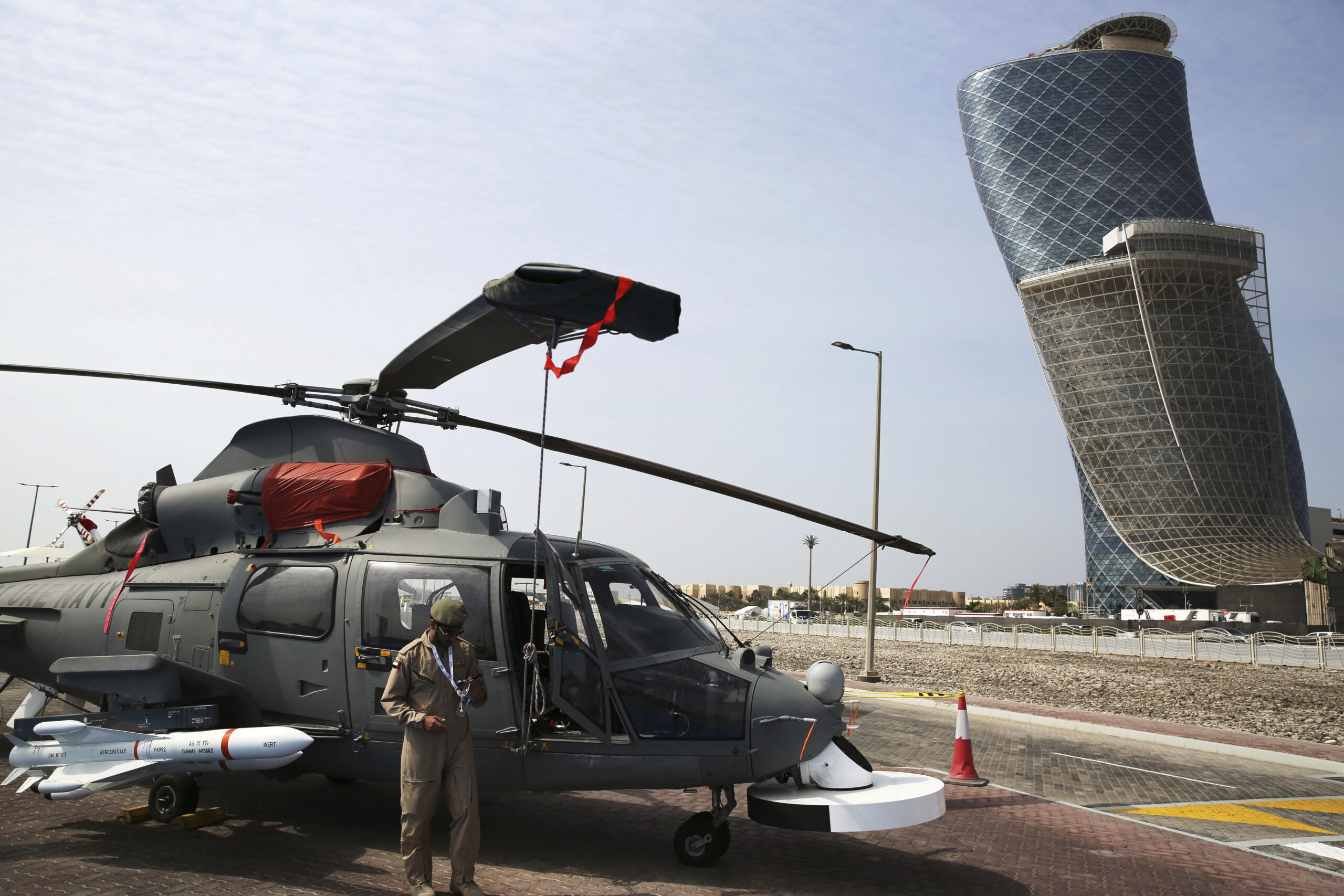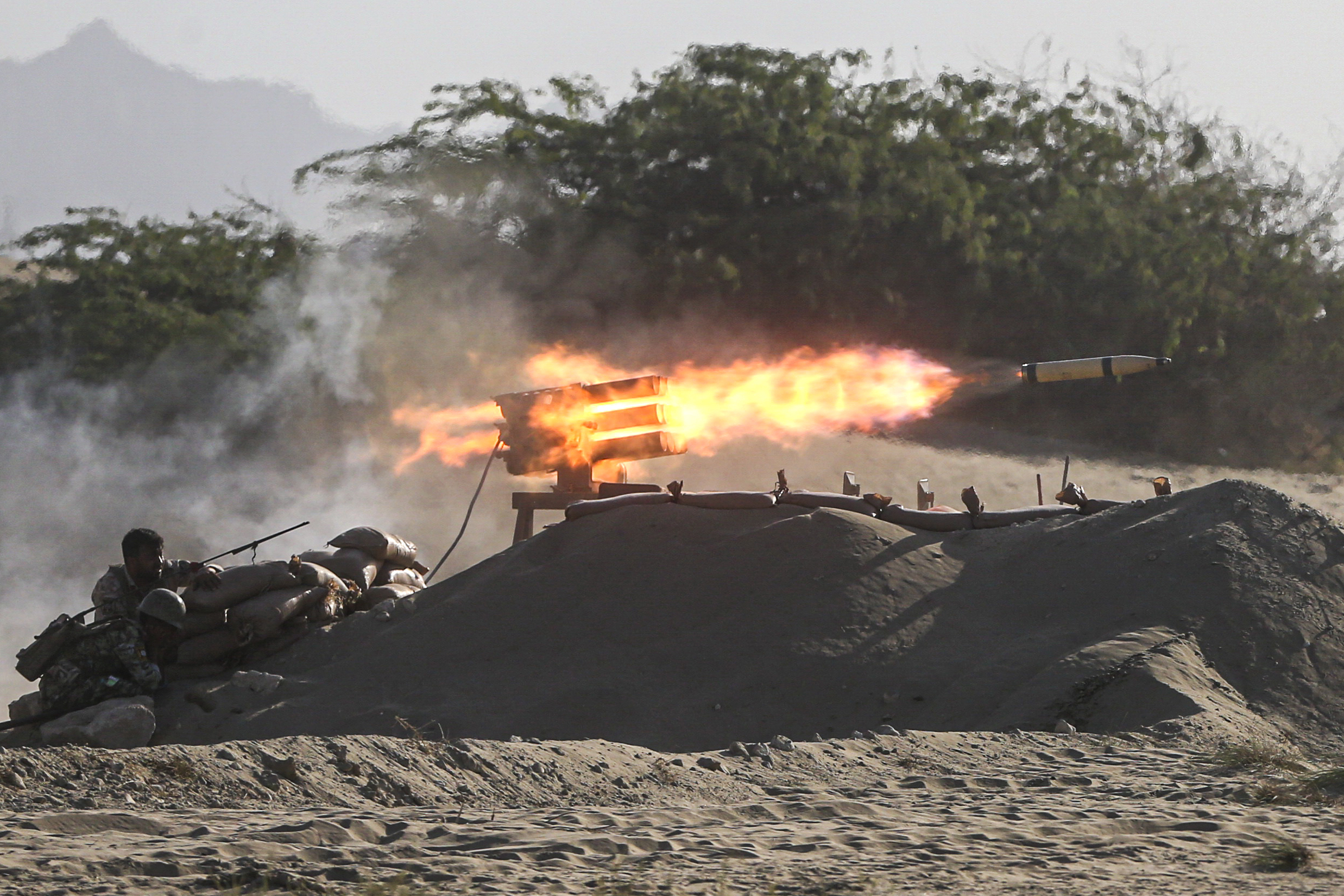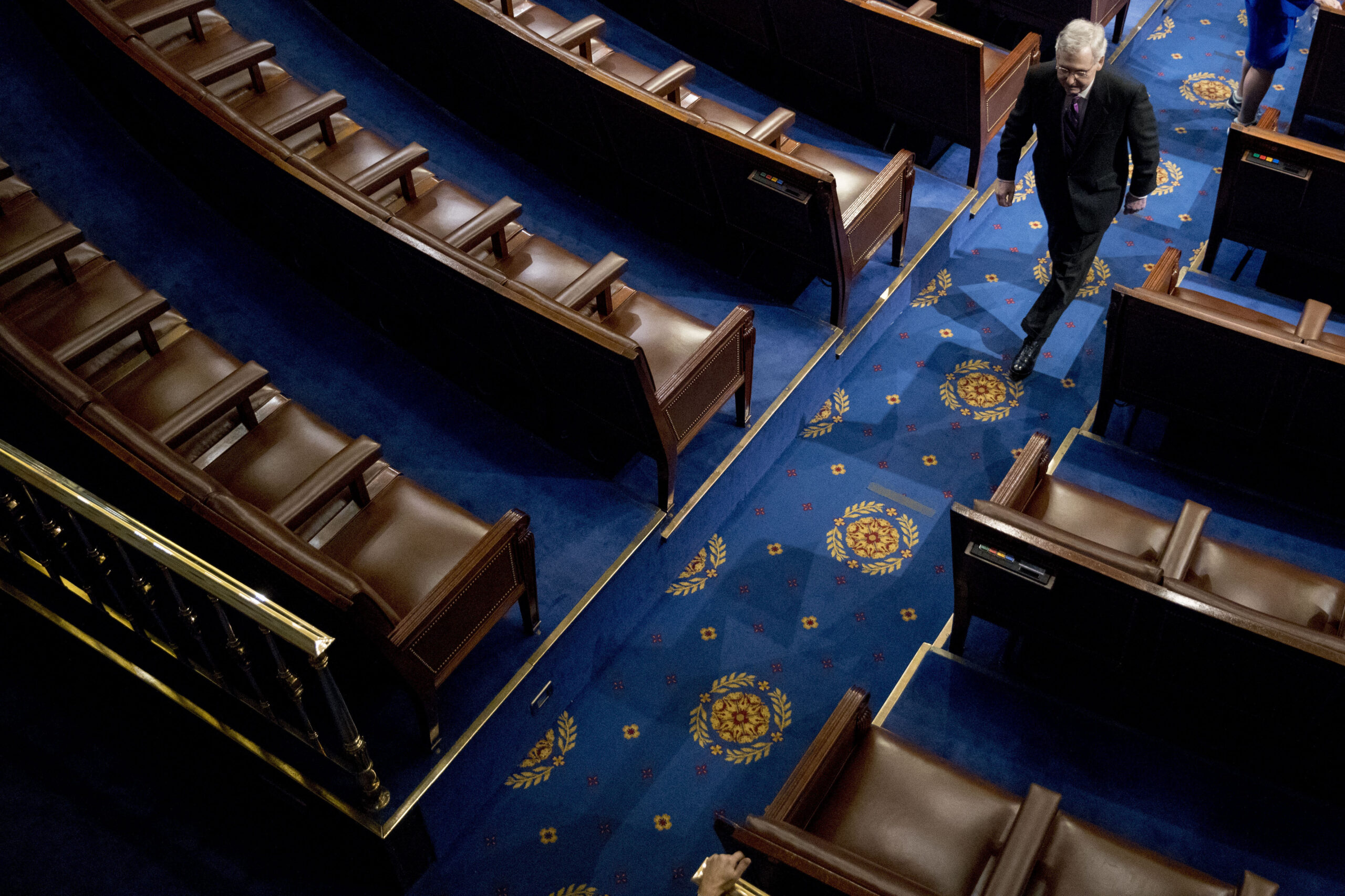Sep 14, 2017
Regional Security Implications of the GCC Crisis
The six states of the Gulf Cooperation Council have been among the top purchasers of U.S. weapons for decades. The largest U.S. government Foreign Military Sales contract in history is the $29 billion Saudi F-15 upgrade. The United Arab Emirates and Qatar are buying new U.S. fighter jets as well as the THAAD (Terminal High...
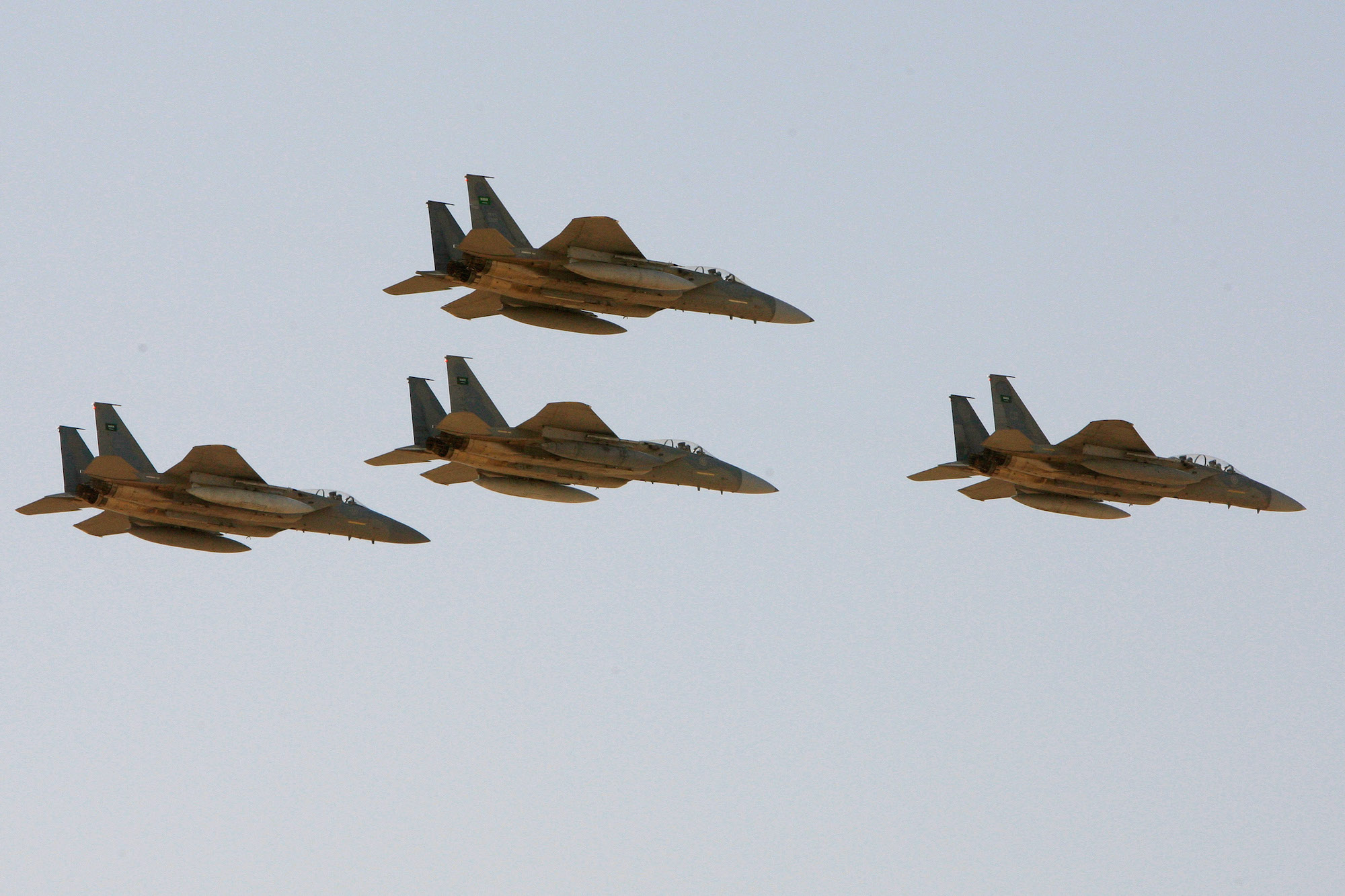
The six states of the Gulf Cooperation Council have been among the top purchasers of U.S. weapons for decades. The largest U.S. government Foreign Military Sales contract in history is the $29 billion Saudi F-15 upgrade. The United Arab Emirates and Qatar are buying new U.S. fighter jets as well as the THAAD (Terminal High Altitude Area Defense) air defense missile system, and the U.S. armed forces conduct military exercises regularly with the GCC countries.
One unintended consequence of the recent kerfuffle between Qatar and its neighboring GCC states of Saudi Arabia, the UAE, and Bahrain is the imposition of a hold on all Foreign Military Sales to the GCC countries by Senate Foreign Relations Committee Chairman Bob Corker. This action, which is informal but will probably be respected, impacts each GCC country differently.
The Foreign Military Sales System
The U.S. government’s system of Foreign Military Sales is an expensive and cumbersome process designed to ensure that a client gets a complete capability with a sale, not just a weapon. For example, a Foreign Military Sales contract will include spare parts, manuals, training, and other operating requirements for the lifetime of the weapons system.
All FMS cases over $14 million have to be formally notified to Congress, which has 30 days to reject a sale. In addition to this formal notification, successive administrations have agreed to a 20-day informal notification period prior to formal notification. Even before the informal notification, State and Defense Department legislative affairs personnel brief the proposed sale to key members of Congress (or their staff) and attempt to address any opposition to the sale. If there is significant opposition, the informal notification doesn’t proceed. In practice, the prenotification consultations can become an open-ended process that often leads to significant delays.
Certain advanced weapons systems, such as fighter aircraft, can only be sold through the FMS system. If the chairman of the Senate Foreign Relations Committee is opposed to such a sale, only a very determined president will proceed with the sale over this opposition. This amounts to an informal pocket veto.
The Pocket Veto
Angered by the ongoing GCC dispute, Corker has – in effect – declared a pox on all houses and announced a hold on all GCC weapons sales. This will prevent future FMS proposals from moving through Congress. Since the hold is informal, it could be waived if Corker is convinced there is an urgent reason to do so, but that is uncertain at the moment.
Who Loses Most?
This is an unprecedented situation – there are no winners, only degrees of losing. Ironically, the countries that stand to lose the most are the countries confronting Qatar. These countries have large pending FMS cases that may be jeopardized by growing congressional concern (particularly among Senate Democrats) over weapons sales to some Gulf Arab states.
This concern has been most visible in the recent Senate vote to approve the transfer of precision guided munitions to Saudi Arabia. While there had been opposition to this sale during the administration of former President Barack Obama, it seemed to galvanize in the most recent vote with almost all Democratic and some Republican senators opposing the sale. Much of this shift is attributable to the alarming humanitarian calamity in Yemen, as cholera spreads and photos of severely malnourished children make their way into media reports. Part of the opposition to the sale is also likely Democratic opposition to President Donald J. Trump. For both reasons, this opposition is more likely to increase rather than decrease over time.
With this trend in mind, the country most likely to suffer from the Corker hold is Saudi Arabia. Most of the mammoth arms sales announced during Trump’s visit to Riyadh have not been notified. Much of the equipment involved is critical to the planned modernization of the Saudi armed forces, while $7 billion in precision guided munitions and $6 billion of sustainment for the Saudi F-15 fleet are critical to the continuation of the war in Yemen. Time works against the kingdom in this case. As the war in Yemen drags on and the humanitarian situation worsens, it is likely congressional opposition to these sales will grow. Saudi Arabia may find that if the sale is not concluded soon, it may not happen at all.
Meanwhile, Bahrain appears to have dodged a bullet. In March, informal notification began for a nearly $5 billion sale of 19 F-16 fighters to Bahrain. The sale was risky from the start. Bahrain’s defense budget is only $1.3 billion; no other country in the world with a population, gross domestic product, and land area as small as Bahrain fields supersonic fighters, and Bahrain’s human rights record is a matter of concern among some members of Congress. The military utility of such a bijou fleet is questionable at best, and (given Bahrain’s small defense budget) it is quite possible that the United States would be asked to pay for future upgrades to the fleet if the sale goes through.
Fortunately for Bahrain, Corker views this sale as prenotified and it will not be affected by his hold. However, if the Democrats in Congress are determined to pick a fight with Trump over his policy on arms sales, the Bahrain F-16 case would seem to be good ground to make a stand on. There is not a compelling U.S. national security argument for proceeding with the sale, and the human rights record of the Bahraini government has drawn negative attention in recent years.
Ironically, the country least affected by these holds is Qatar. The Qatari military is quite small, and is incredibly top heavy – about 10 percent of its troop strength are general officers. There is a limited number of Qataris sufficiently trained to accept, integrate, and operate new sophisticated weapons. Qatar’s notification for F-15s and THAAD were approved before the Corker hold, though the small Qatari military will be challenged to field these and other previously approved systems. New systems are simply extraneous to Qatari needs.
The Road Ahead
As the GCC imbroglio drags on, the possibility of either side achieving all its goals grows less likely. The GCC states can ill afford to suspend their defense modernization indefinitely over an intramural squabble. Time, tide, and Middle East security threats wait for no man.
These remarks do not represent the views of any branch of the U.S. government.
The views represented herein are the author's or speaker's own and do not necessarily reflect the views of AGSI, its staff, or its board of directors.


